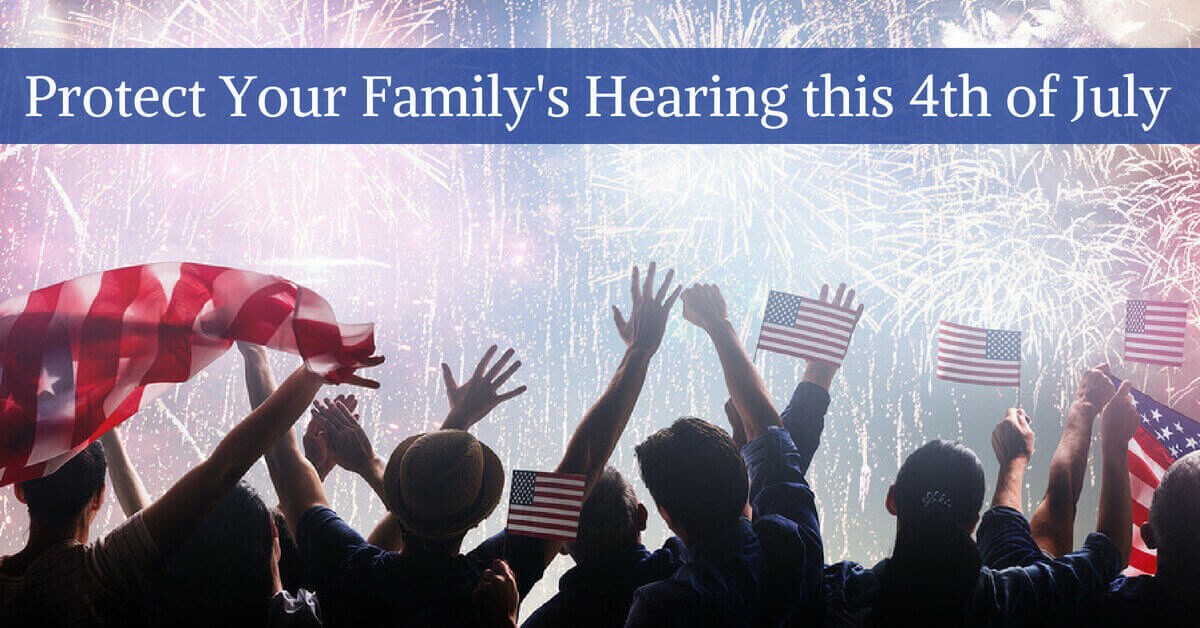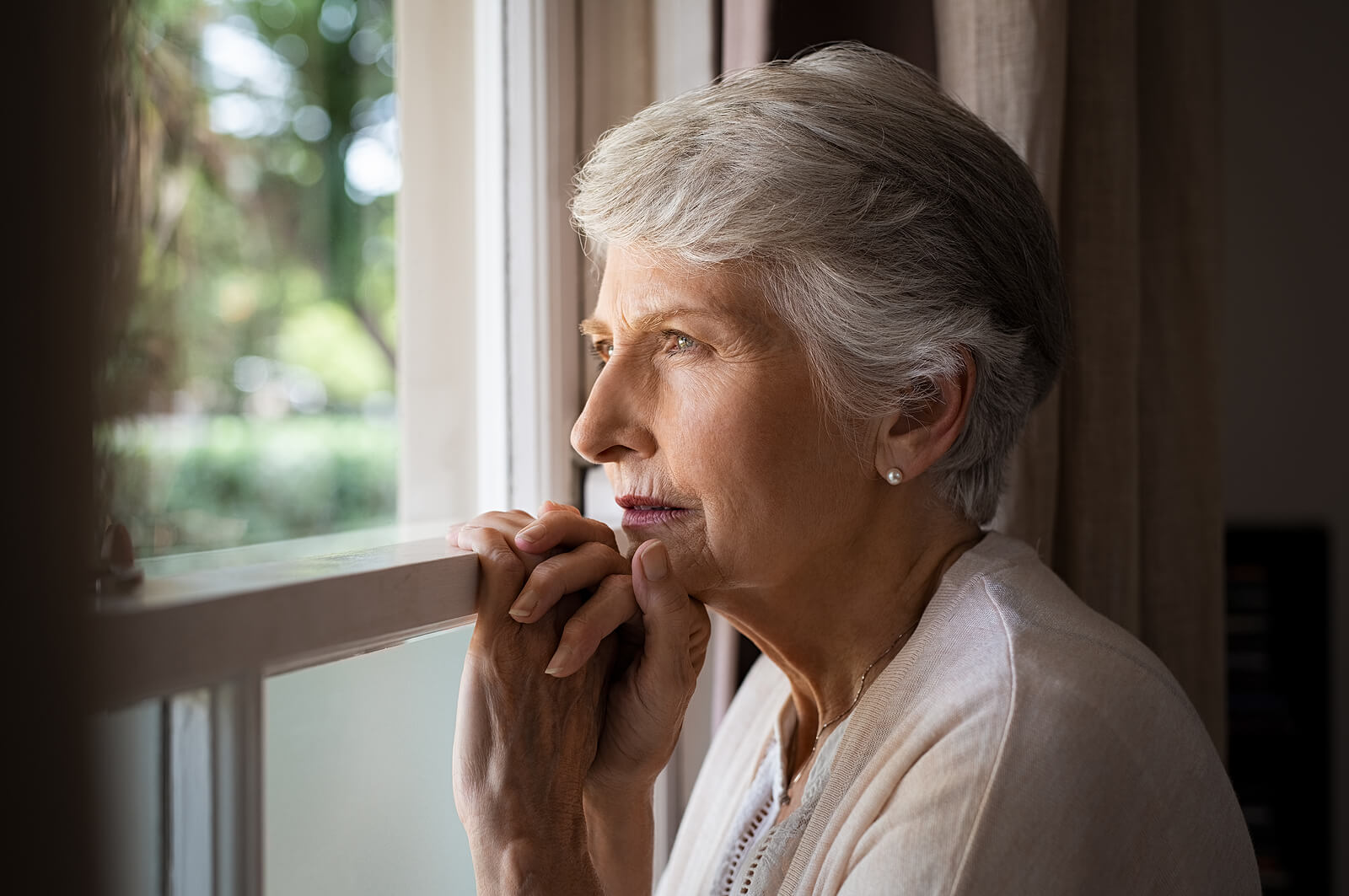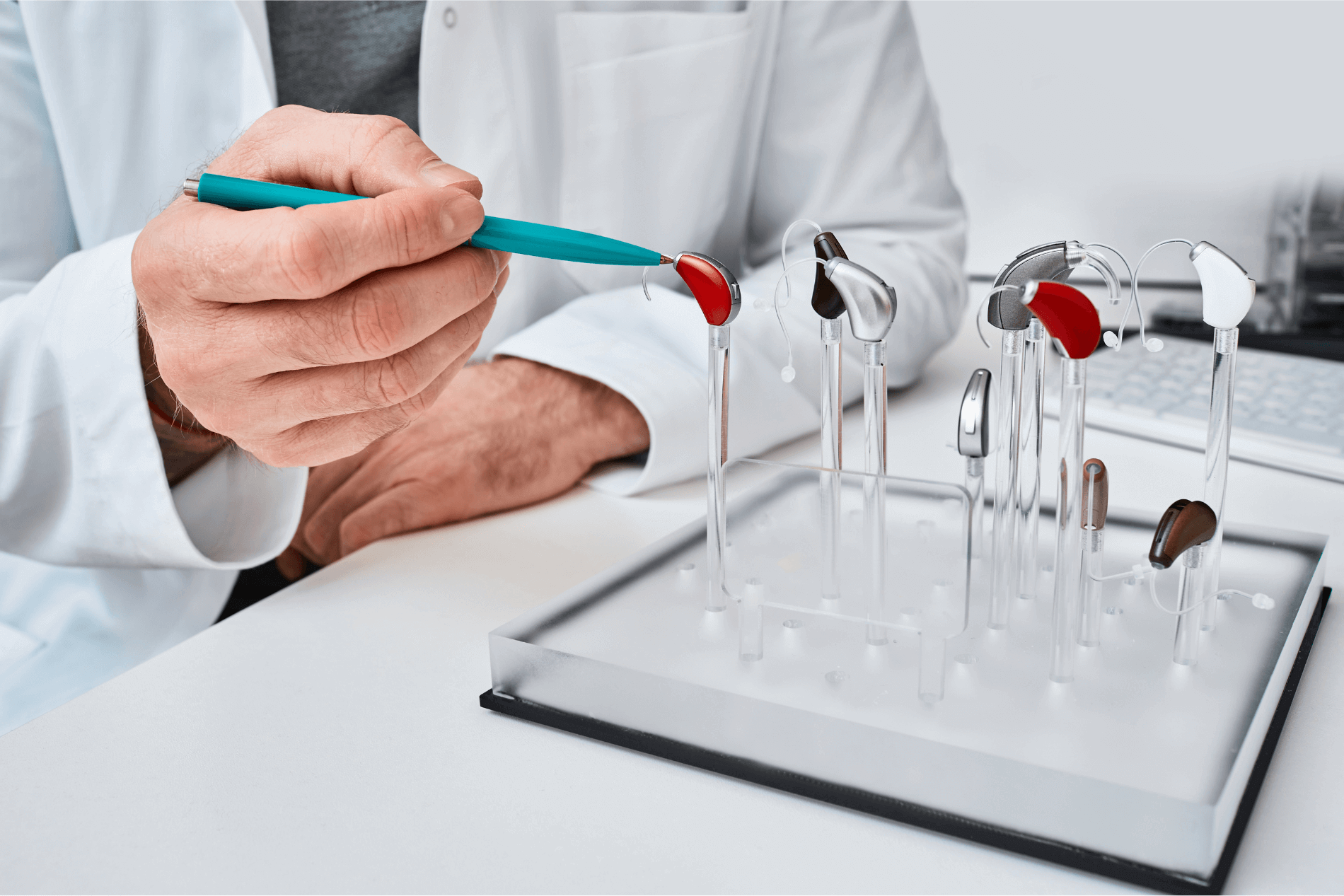
In the United States the Fourth of July is celebrated each year to honor the year, 1776, when early Americans won their independence from the British colonial empire. On July 4th of that year, the United States formally adopted the Declaration of Independence, which recognized that the 13 colonies were no longer a part of the British Empire. Americans celebrate this independence each year through barbecue cookouts that gather friends, families, neighborhoods, and communities together.
Fireworks with the Festivities
Fireworks are a huge part of how Americans celebrate the Fourth of July. These include smaller things such as fire crackers and sparklers that are set off in neighborhoods and backyard. They also include large-scale, city-wide displays of magnificent fireworks that light the whole sky up. The bigger displays include, of course, spectacularly loud sounds. The loudness of fireworks is caused by the chemical reactions that occur after the fuses of fireworks are lit. When the gunpowder of fireworks burn, hot gas is released and rapidly expands. The gas expands to a point where it runs out of room within the firework’s casing. When this happens, an explosion causes a blast wave: the booming sound we hear is actually that blast wave’s vibrations.
Any Fourth of July celebration should happen with a keen eye to how this loud chain of reactions can cause both temporary and lasting hearing loss in adults as well as in children. This article will give you a few tips on how you can protect yourself and your family from dangerously loud sounds during the Fourth of July.
Protecting Your Hearing this 4th of July
Perhaps the easiest step you can take to protect your hearing is to simply keep away from loud sounds during your Fourth. Hearing loss can be caused by sounds that are 85 decibels and louder—and exploding fireworks can be as high as 155 decibels. The closer you are to these explosions, the higher the risk of hearing loss, which can be immediate, painful, and lasting. A good rule of thumb is to keep at least 500 feet from sources of loud sounds during your Fourth of July celebrations. Keeping a safe distance will also minimize the threat of bodily harm that exposure to fireworks can cause. Keeping 500 or more feet away from fireworks is made easier if you simply attend your city’s firework display, rather than set fireworks off in your own backyard or neighborhood.
There are fireworks you can buy with low decibel levels, should you intend set fireworks off closer to home. All fireworks are marked with their loudness, so you can certainly find fireworks with lower decibel levels. These quieter fireworks do not produce loud, booming exploding sounds. Instead, they may create crackling, whirring, fizzing, or whistling noises. Some fireworks such as wheels, comets, falling leaves, strobes, tequila sunrises, and fountains.
Whether you are taking in your city’s massive fireworks display or shooting low noise fireworks off in your back yard, you should have ear protections on-hand for you and your family. Purchase reusable ear plugs that are cheap and easy to replace. These soft, moldable ear plugs are ideal for adults who can fit them snugly within larger ear canals. If you are interested in upgrading your earplugs, visit an audiologist who can fit a custom-made ear plug to your unique specifications.
It is especially important to protect the hearing of children and young people who will be participating in Fourth of July celebrations along with you. For these people with smaller ear canals, it is a good idea to purchase and use ear muffs or other over-ear ear protections. Babies and infants should not be exposed to the loud sounds of Fourth of July celebrations, as their ear canals are often too small and delicate to protect.
Rest Your Ears
If you find that any buzzing or ringing in your ears during or after exposure to fireworks, be sure to step away and give your ears a rest. If this lasts for several days, consider visiting us at Hearing Aid Associates. Our team will be able to provide you a safe and painless hearing test to determine any potential damage. From there they can guide you in any treatment that may be necessary.
As you get ready for another exciting Fourth of July, be sure to have your hearing health on the top of your list of preparations.

What Is Sudden Hearing Loss and What Does it Mean?
Matthew Favinger, M.S., F-AAA

Having a Good Time at Weddings With Hearing Loss
Matthew Favinger, M.S., F-AAA

